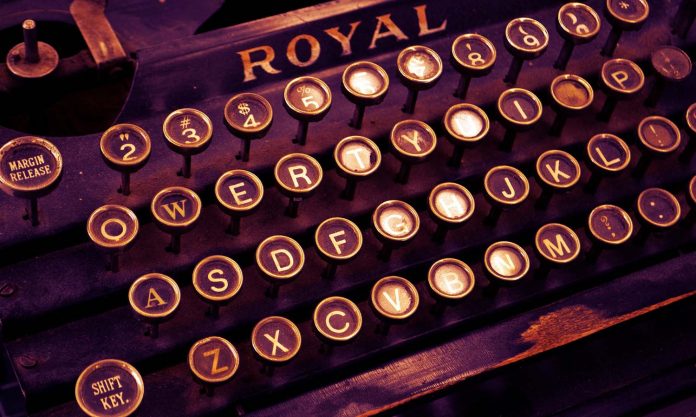In a post on the Killzone blog, James Scott Bell offers advice on adding just the right amount of emotion to your fiction. “Emotion in our fiction is a sweetener,” Bell says. “In the right amount it makes the story beautiful and tasty. Too much can ruin it.”
One way to find this balance is mastering the technique of scene and sequel. Scene is what a character does. Sequel is how they feel about it. “A scene is made up of Objective, Obstacles, and Outcome,” Bell explains. “A sequel is Emotion, Analysis, and Decision…the Decision leading to the next action scene.”
Balancing showing and telling is also important. In this case, a little telling is ok. When the emotional intensity is low, Bell says it’s fine to simply tell the reader what’s happening. When the intensity is high, you should show it.
To discover the right level of detail, Bell suggests free writing outside your manuscript. “Let the character tell you how she’s feeling,” he says, “Let her go on and on, giving you the color of it, the taste of it, the metaphors of it. Do the most obvious feeling first, but then go on to another emotion, one you didn’t anticipate at first. Maybe even the opposite emotion.” Set that document aside and come back later to find the best parts. Use those in your manuscript.












